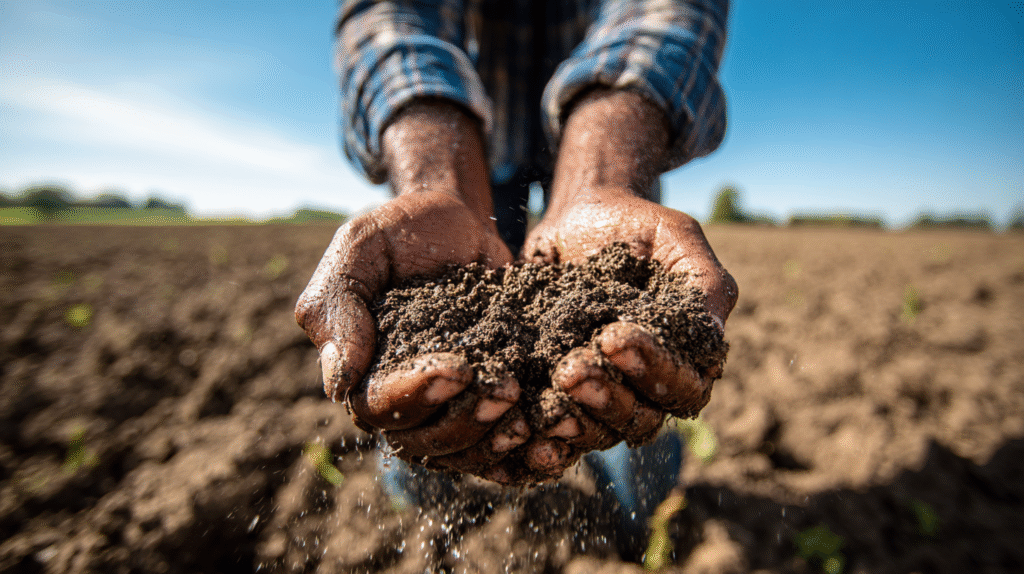A joint study by the UK Agri-Tech Centre and Farm Carbon Toolkit has revealed growing confidence in carbon assessment tools across the UK agri-food sector.
Key Findings
- 72 % of respondents expressed confidence in the accuracy of data provided by carbon assessment tool vendors.
- The study emphasises that independent verification is also seen as a critical priority among stakeholders.
Scope and Purpose
The report—“Navigating the diverse needs and requirements of carbon assessments in the agri-food sector”—surveyed over 40 agri-businesses and ancillary service providers. Its aim was to map existing carbon assessment practices against stakeholder requirements and to identify gaps that might impede adoption or accuracy.
It draws on a prior harmonisation effort led by Defra, which produced a sector-wide review of carbon assessments to catalyse innovation, foster sector growth, and support climate-smart decision-making along the supply chain.
What the Report Covers
- The variety of data-driven carbon assessment tools and methodologies in use
- Supporting services that accompany assessment tools
- Stakeholder motivations for using carbon assessments, and the barriers they face
- A gap analysis showing where tools currently fall short of stakeholders’ needs
Based on these insights, the authors make recommendations regarding best practices and adoption, standardisation, data accuracy, financial support, and innovation incentives.
Strategic Implications
This report is positioned as a resource for agri-businesses, farmers, growers, and carbon tool providers alike, to guide strategic decisions, investment priorities, and future innovations across the carbon assessment ecosystem.


